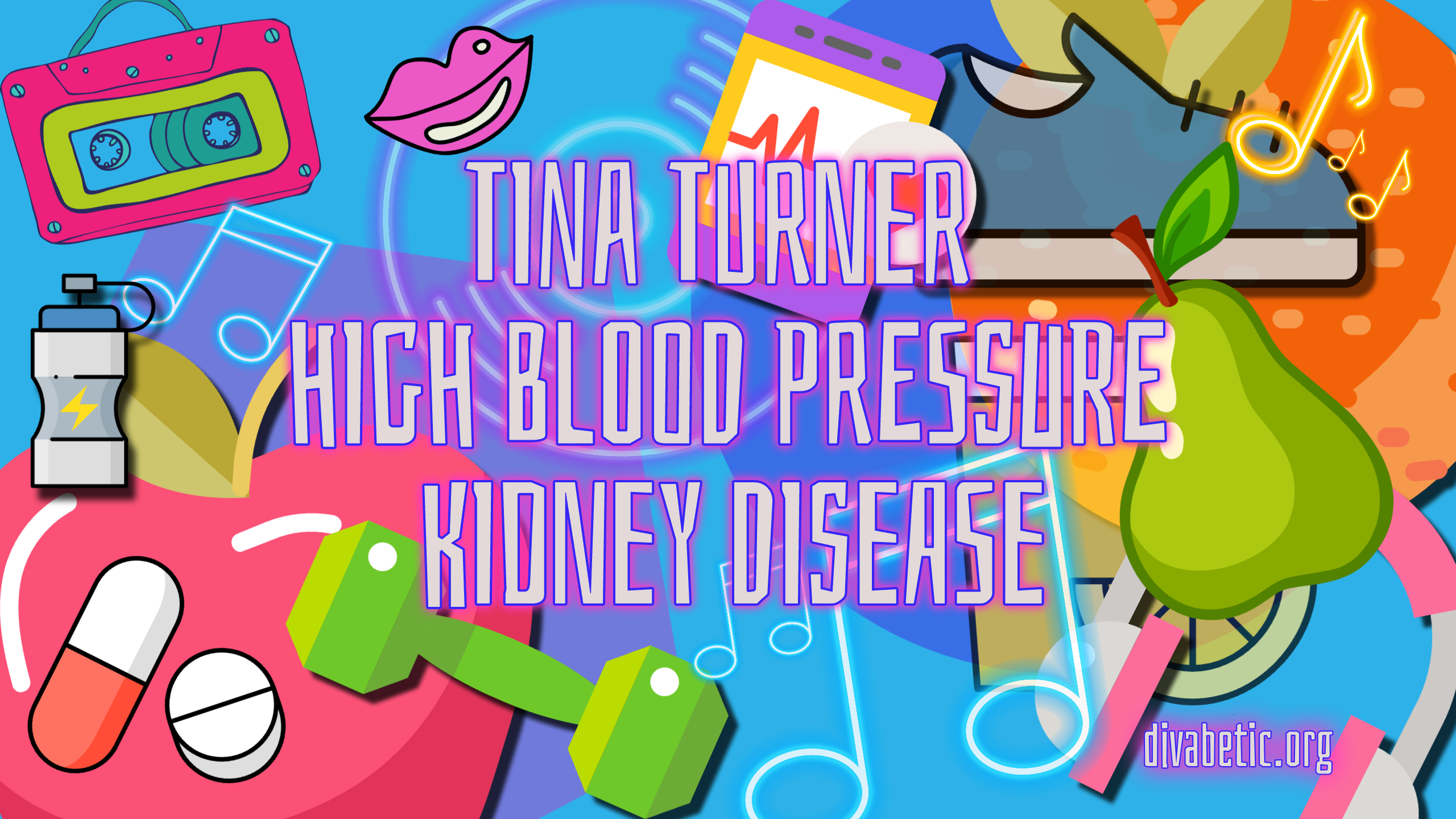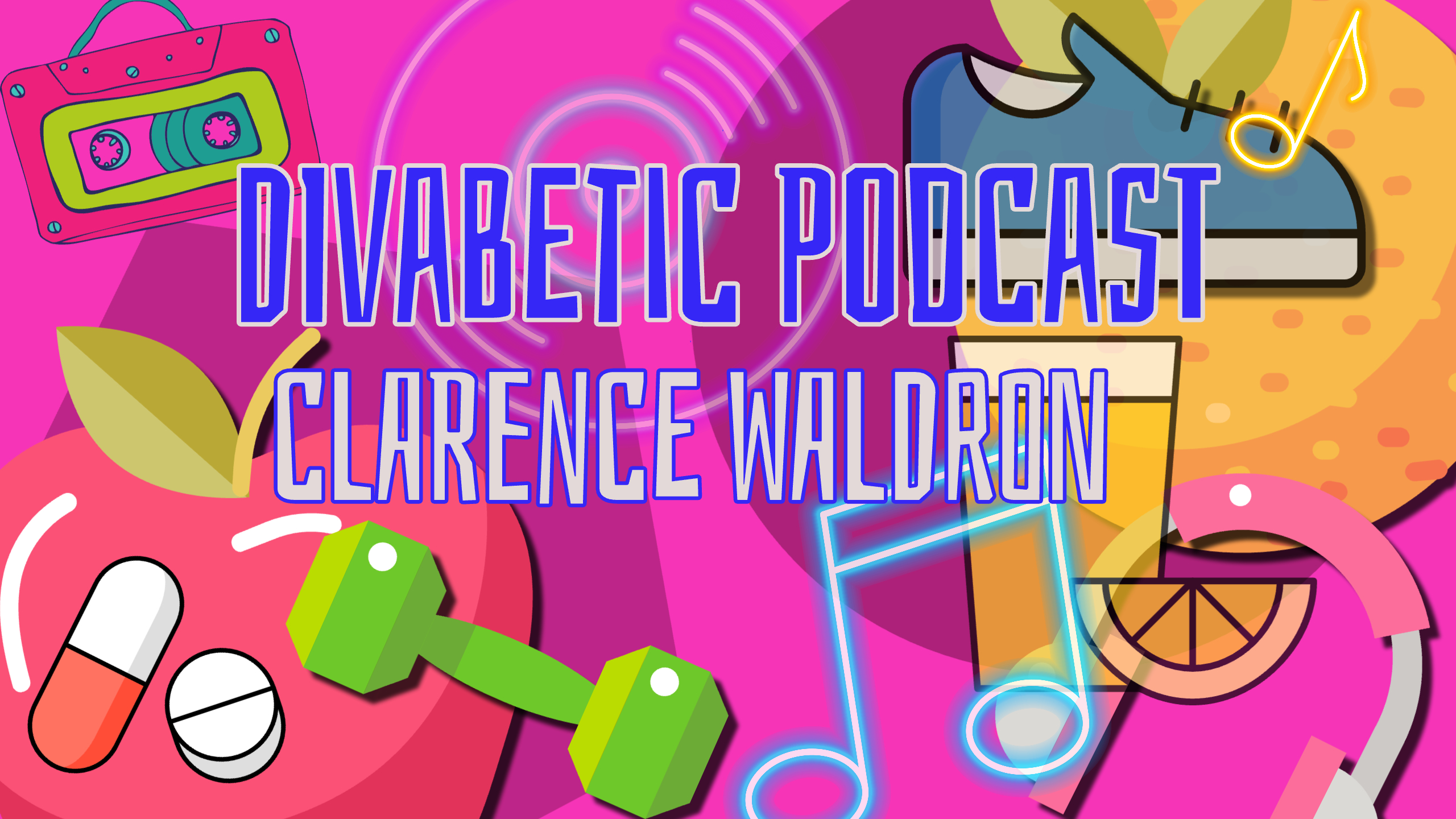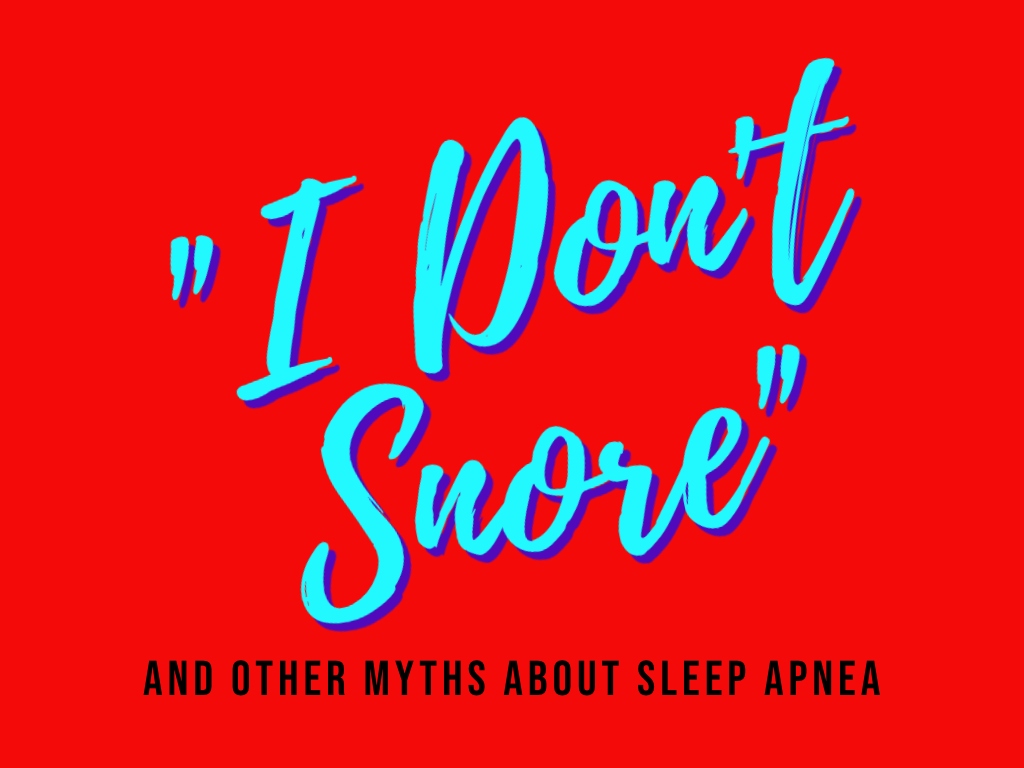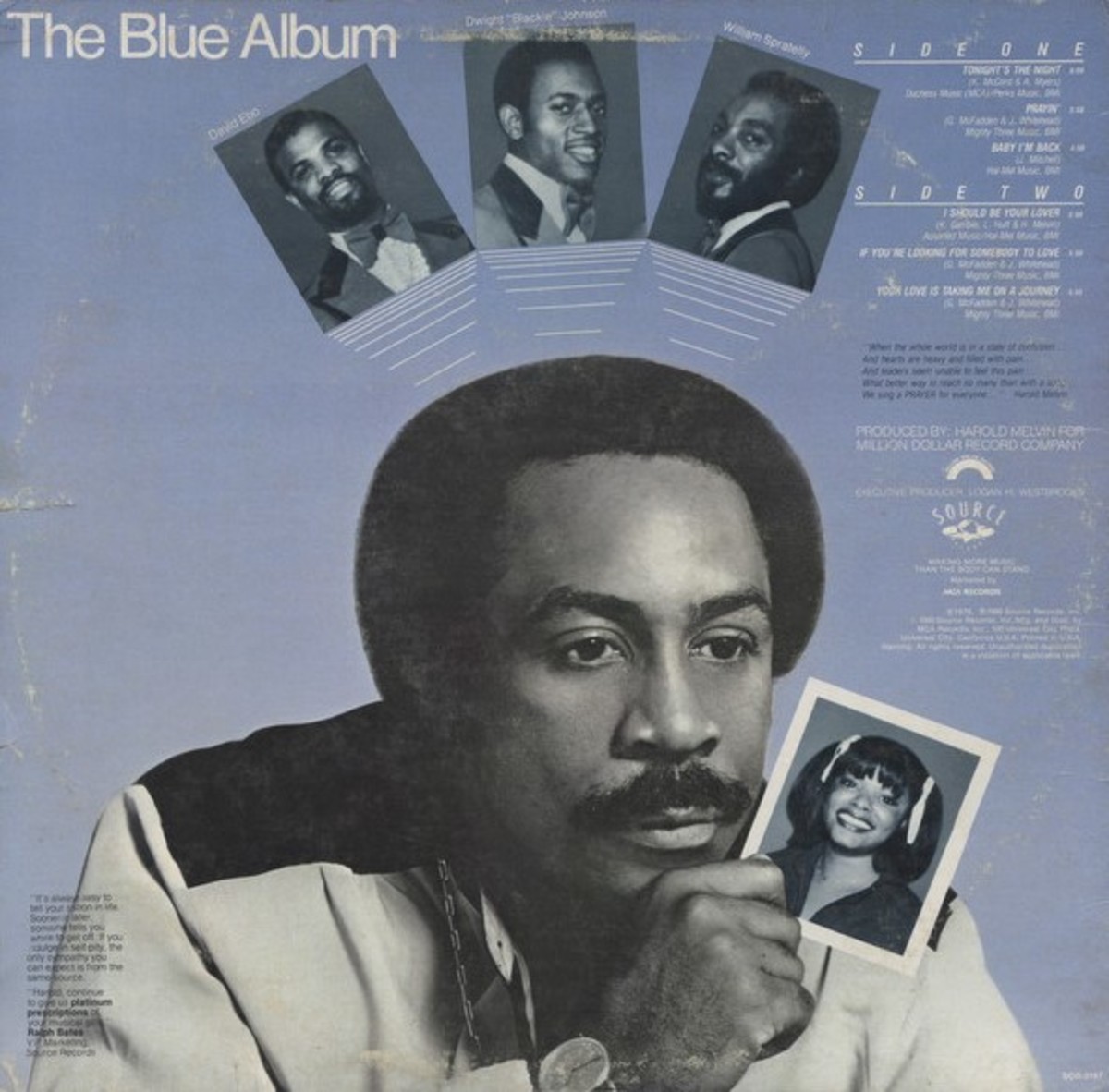“Food noise has been running my life, and I didn’t even know it until I took Mounjaro,” said Rosie O’Donnell on the Plus SideZ podcast.
Mounjaro is the brand name for Tirzepatide an injectable prescription drug used to treat Type 2 diabetes. The drug is prescribed along with diet and exercise to help improve blood sugar levels. Like most drugs, Mounjaro may cause mild or severe side effects such as diarrhea, heartburn, constipation, belly and body aches, and pain.
Rosie O’Donnell and my boss, Luther Vandross, were friends on and off-camera. They suffered the same issues related to body image, yo-yo dieting, living with type 2 diabetes, and food and sugar addiction.
I appreciate her honesty and straightforwardness in sharing her experience and mindset in this interview. She managed to find the right words to express her struggle with food addiction in a way that’s clear, concise, and easy to understand.
“My life was out of control without it (Mounjaro),” says Rosie on the podcast. “I do believe I was addicted to food, I was addicted to sugar, and I could not shake it.”
Rose O’Donnell opens up on the podcast about ignoring her Prediabetes diagnosis, living with Type 2 Diabetes, getting a gastric sleeve surgery (2013), having a heart attack (2012), ongoing weight issues, and how weight loss medications changed her life.
“[My doctor] says to me, ‘I don’t care if you lose more (weight). It’s about your numbers for your A1C’ and your something else. But they’re going down, and that’s a good sign. So I don’t want to lose it too fast anyway because it freaks me out,” she told Newsweek.
Additionally, Rosie hired a chef to make her calorie and protein-appropriate meals.
Since taking the medication, Rosie has lost over thirty pounds and hasn’t experienced any side effects. She says she hasn’t gained weight since using the medication – that’s a big deal for her. She’s happy about losing weight slowly because, in the past, she’s been plagued by unwanted attention related to weight loss. It’s sabotaged her efforts to maintain and sustain weight loss.
Rosie feels the biggest benefit of the drug has been eliminating “food noise.” Food noise refers to the constant thoughts or recurring ruminations about food which could contribute to overeating and thus living with overweight and obesity. I’d never heard this term before listening to Rosie’s interview, but it perfectly captures a person’s mindset about food addiction.
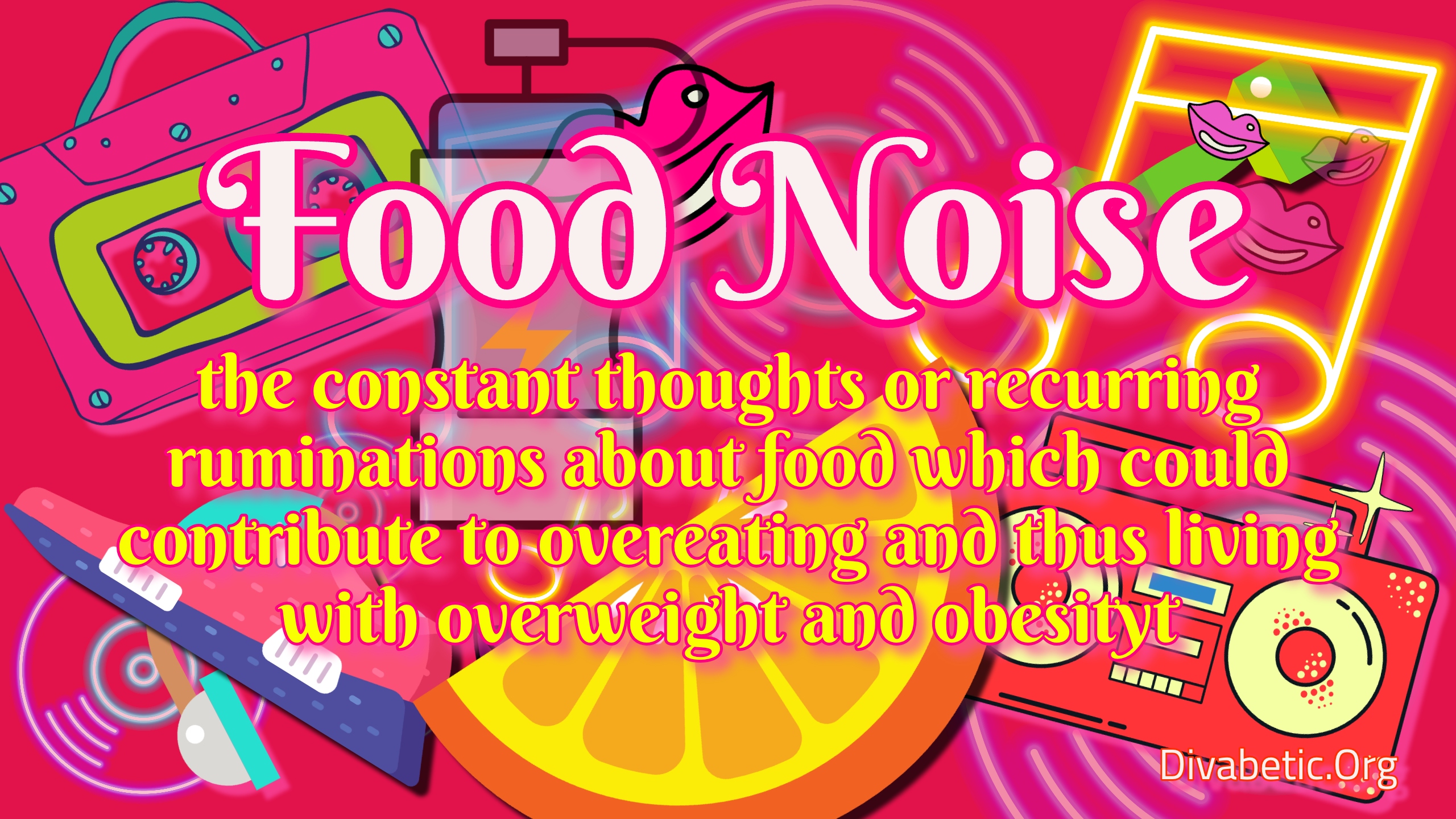
I wish these types of drugs and sensitive and respectful talk about food addiction were around when Luther was alive. I witnessed him struggle unsuccessfully to conquer his food addiction and then suffer from complications related to mismanaged type 2 diabetes because of it.
I discuss Luther’s ongoing struggle with food addiction and yo-yo dieting on this Luther Vandross Tribute podcast. Guests include Lisa Fischer, Jason Miles, Jeff James, Patricia Addie-Gentle RN, CDCES, and Chuck Flowers. By the time Luther Vandross headed to the studio to record his fifth album Give Me the Reason, in 1986, he had lost considerable weight. Sadly, he regained weight as he began to tour for the album.
To her amazement, Rosie O’Donnell has found that she is no longer interested in snacks – not even cookies using the drug. “I’m free from food,” Rosie declared on the podcast.
Clinical trials studying Mounjaro (tirzepatide) for weight loss found the following results: Participants lost an average of 12-22% of their body weight over about 68 weeks when using the highest doses of Mounjaro (10-15 mg) along with diet and exercise.
Eli Lilly’s research found that around half of the participants in their study, who were both obese and had diabetes lost around 15 percent of their body weight while taking tirzepatide, the active ingredient in Mounjaro.
Rosie is advocating affordably to help make this LIFE-CHANGING medication accessible to countless individuals whose lives have been transformed by its effectiveness over the last year.
Take this 1-minute test to find out your risk for prediabetes. Now is the time to take action. The CDC-led National Diabetes Prevention Program helps people with prediabetes make lasting lifestyle changes to prevent or delay type 2 diabetes.
Working with a trained coach teaches you to eat healthy, add physical activity, and manage stress. With other participants, you’ll celebrate successes and work to overcome challenges. Click HERE to learn more.







